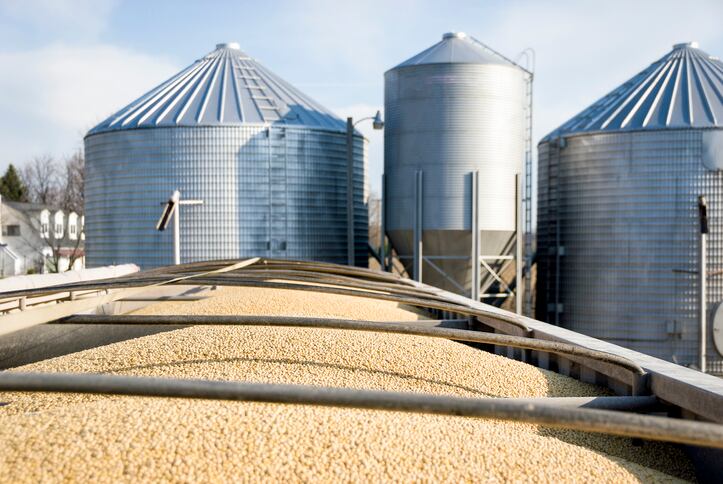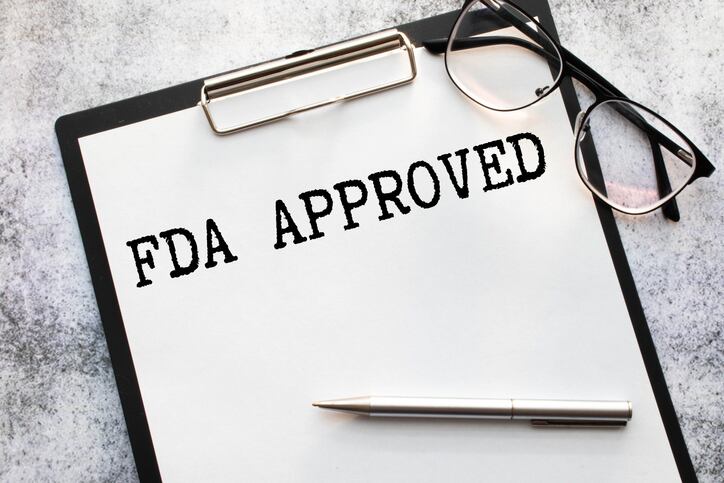The Enteric Methane Innovation Tools for Lower Emissions and Sustainable Stock (EMIT LESS) Act was introduced on June 11 by Republican representatives, Jasmine Crockett and Marc Molinaro, as companion legislation to the Senate version.
The bill is supported by a diverse coalition, including agricultural and environmental groups.
Meeting 2030 goals
By expanding US Department of Agriculture’s research and incentivizing the adoption of emissions-reducing practices on farms, the bill aims to mitigate the environmental impact of enteric methane emissions from American dairy and beef cattle operations, noted the American Feed Industry Association (AFIA).
The trade group said it believes this legislation will bring the US closer to meeting its Global Methane Pledge, which intends to reduce methane gas by 30% below 2020 levels by 2030.
“Feed and feed ingredients, such as methane inhibitors and modifiers, offer a promising avenue for achieving this goal, but the country will only realize their full benefits should farmers elect to use them once they have made it to market approval. The US agricultural value chain needs legislation like this and the Innovative FEED Act to effectively leverage these novel feed ingredients to meet its methane reduction targets and pave the way for sustainable livestock production practices worldwide.”
The agricultural sector accounts for 10% of all greenhouse gas (GHG) emissions in the US, and enteric methane is the single largest source of agricultural methane emissions.
What does the EMIT LESS Act do?
Specifically, the bill would:
- Create enteric methane product and practice testing capacity through USDA’s Agricultural Research Service (ARS).
- Establish and expand training programs that familiarize farmers and ranchers with practices that reduce enteric methane emissions.
- Add practices that reduce greenhouse gas emissions, including enteric methane, under USDA’s Conservation Innovation Grant’s On-Farm Conservation Innovation trials.
- Direct USDA to review conservation practice standards that can assist in reducing enteric methane, revise those as needed, and establish any appropriate new standards; and
- Amend USDA’s Environmental Quality Incentives Program (EQIP) and Conservation Stewardship Program (CSP) to provide financial incentives for farmers and ranchers to voluntarily use products and implement practices that reduce enteric methane.
Incentivizing farmers
Andrew Lentz, director of federal affairs for agriculture policy at US non-profit, the Environmental Defense Fund (EDF), commended the move saying the draft law would support US livestock producers in lowering methane.
“The bill is an essential proposal to empower farmers and ranchers to address methane emissions from livestock. Methane is one of the biggest drivers of climate change today. Incentivizing and supporting producers in lowering these emissions, including the enteric methane that livestock emit as they digest their food, is essential for securing a safe climate and the long-term global competitiveness of the US dairy and meat industries.
“If enacted, the EMIT LESS Act will advance lower-methane livestock production in two ways. First, it will boost financial support and training to enable more producers to adopt enteric methane solutions more quickly. Second, it will accelerate research into additional solutions, which will provide producers with even more safe, proven solutions to choose for their operations.
“Farmers and ranchers will benefit from this bill being included in a final, bipartisan farm bill package,” added Lentz.




